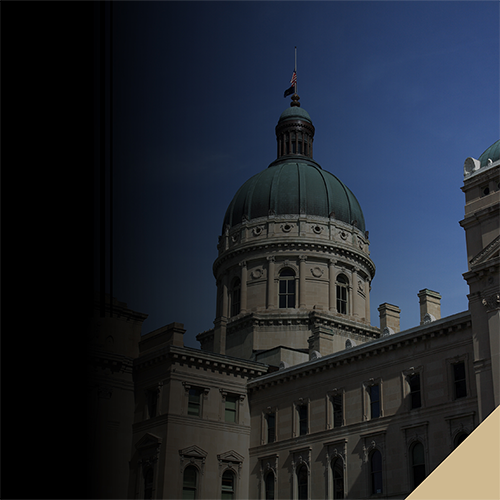Turning Bad Meetings Into Great Ones Takes Leadership

No one likes to sit through a bad meeting. Many of us can point to things we don’t like about the meetings we attend that are not productive:
- The purpose is unclear
- It feels unorganized
- Someone dominates the conversation
- We never seem to get anywhere
- The meeting is too long!
If you had a magic wand, how would you fix that? Just imagine yourself at your next meeting, and, POOF! Suddenly, a beautiful agenda appears on the wall, everyone arrives on time and prepared to discuss the big issue, and healthy snacks appear from thin air onto the back table.
Since magic wands are in short supply, it’s often up to us to diagnose the problem and figure out how to make things better. This is leadership, whether you do it from the “side” or from a position of authority. Leaders take the risk to challenge the way things are done and help offer a better way forward.
Leading effective meetings involves a complex set of knowledge, skills and tools that we may not have learned in a formal way. Our models of good leadership are often limited, especially if we have never been part of an environment where leadership was shared and groups made decisions together in a productive and inclusive way.
The good news is there are many things we can do to improve the effectiveness of our meetings once we start to examine what we are trying to accomplish and how we might get there. For starters, some key things include:
• Meeting in a comfortable, convenient location
• Having a written meeting agenda
• Agreeing to an end time and sticking to it
• Writing down action steps and following up at the next meeting
There may also be facilitative processes that help your meetings. Could we set up the room differently to encourage interaction? How can we gather everyone’s thought about this issue? How can we make a decision that we all can support? What questions could we ask that would help us develop an action plan?
When you start asking these kinds of questions, you may be ready to take on more of a leadership role with your group. Purdue Extension has resources that can help you take your skills to the next level.
The Facilitative Leadership Workshop teaches participants a wide range of tools and skills that help them lead their groups more effectively.
The Community Leadership Program touches on many leadership skills including interpersonal communication, managing conflict, and serving and leading nonprofit boards and committees.
Purdue Extension also teaches customized workshops on leading effective meetings, creating a mission and vision, and goal setting.
Kris Parker is a Community Development Regional Educator who coordinates the Facilitative Leadership and Community Leadership programs.



